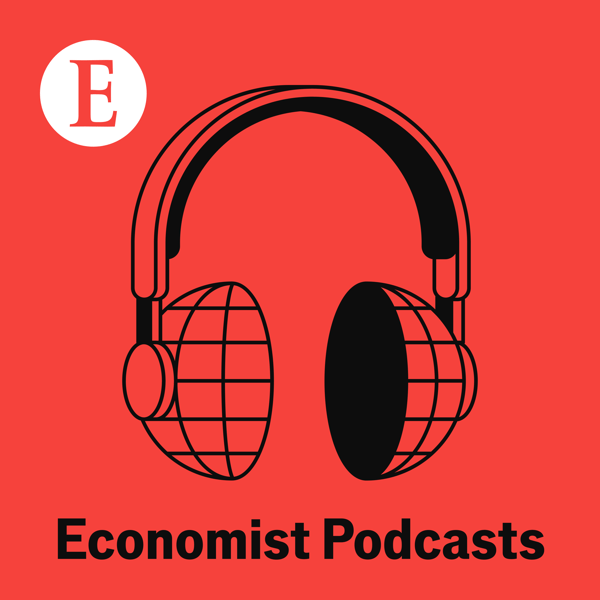The Economist asks: Francis Fukuyama
Economist Podcasts
The Economist
4.4 • 4.9K Ratings
🗓️ 13 September 2018
⏱️ 19 minutes
🧾️ Download transcript
Summary
Hosted on Acast. See acast.com/privacy for more information.
Transcript
Click on a timestamp to play from that location
| 0:00.0 | Phone calls are passed A. Should they be? Faculty at the University of Chicago Booth School of Business |
| 0:05.8 | are exploring how less text-based messaging and more talking could improve communication. |
| 0:10.8 | Discover more at www.ChicagoBooth.edu-communications |
| 0:20.5 | Hello and welcome to the Economist asks, I'm Anne McHellvoy. At the end of the Cold War, |
| 0:26.1 | as communism collapsed, the liberal democracies of the West thought that that was pretty much it. |
| 0:31.7 | Liberal democracy had won. It was the end of the age of ideological struggle, the end of history, |
| 0:38.4 | in fact, except, of course, it wasn't. United in diversity reads the European Union's hopeful motto, |
| 0:45.9 | America's Apluribus Unum, out of the many won. But on both continents, democratic societies are |
| 0:53.6 | fragmenting between brexiteers and urefiles, proud never-trumpers, and self-proclaimed deplorables, |
| 1:01.2 | identities shaped by race, by religion, by gender, education, and by class. So this week we're asking, |
| 1:09.7 | is there an alternative to the me first drift of politics? I'm joined by Frances Fukuyama, |
| 1:16.4 | who in 1989 coined the famous phrase, the end of history. He spent the last 30 years decoding |
| 1:23.5 | what happened next. His director of Stanford University's centre on democracy, development, |
| 1:28.8 | and the rule of law. And his many books include America at the Crossroads, political order and |
| 1:35.2 | political decay, and now identity, the demand for dignity and the politics of resentment. |
| 1:41.8 | Frances Fukuyama, welcome to the Economist asks. Thank you very much. |
| 1:46.1 | So let's get the big one out of the way first. What do you mean by identity politics? |
| 1:51.7 | Identity is this idea that we have an inner self that's not adequately recognised, |
| 1:57.8 | that is not according to the dignity that we feel it deserves, and it's political because the |
| 2:04.4 | recognition has to be public by public authorities, by other actors in society. |
| 2:10.1 | And the way it's developed in the modern world, it actually tends to focus on group characteristics, |
| 2:18.0 | like our ethnicity or our race or our gender or our nationhood. And that's the way that politics |
... |
Please login to see the full transcript.
Disclaimer: The podcast and artwork embedded on this page are from The Economist, and are the property of its owner and not affiliated with or endorsed by Tapesearch.
Generated transcripts are the property of The Economist and are distributed freely under the Fair Use doctrine. Transcripts generated by Tapesearch are not guaranteed to be accurate.
Copyright © Tapesearch 2025.

